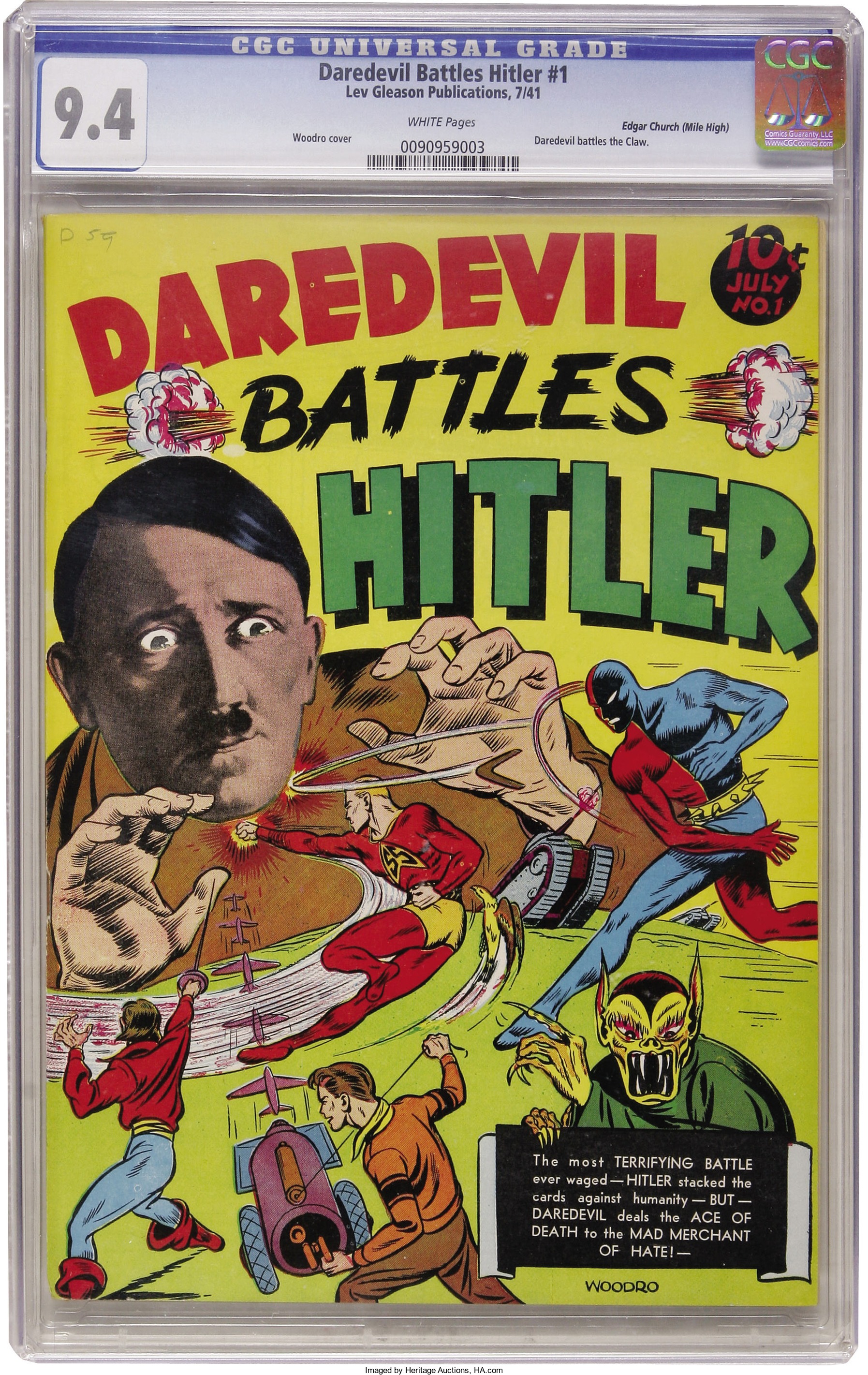
By Jim O’Neal
On June 28, 1919 – exactly five years after Gavrilo Princip assassinated Archduke Franz Ferdinand – Germany reluctantly signed the Treaty of Versailles that ended their participation in World War I. The terms of the treaty were so punitive that the German people were stunned. After all, the treaty had been signed without any of their borders being crossed and many believed the army had been betrayed by politicians. There was even talk of restarting the war as crowds demonstrated in the streets.
The treaty was a long, extensive document that included extraordinarily high reparations (the “War Guilt” clause) covering everything from lost farmland to veteran pensions and anything in between. The French were especially eager to punish the Germans since over 1 million Frenchmen had been killed, mostly within their country. However, the Allies were also vindictive and determined to render Germany incapable of ever starting another war.
The German delegation had attempted to mitigate the harsh terms with a 400-plus page counter-proposal, but it was a futile effort and they were forced to accept the Allies’ conditions verbatim. What had been intended to cease all hostilities, ironically, merely extended them by the crushing burden imposed on the German people.
The implications turned out to be significant.
For the next two to three decades, Germans harbored deep resentment over such an unfair agreement and were susceptible to radical ideas for revenge. Further, the slowing European economies made everyday life difficult for broad swaths of people everywhere. Extremist fascist and communist ideologies seemed to offer solutions to national problems in Spain, Italy and Russia.
The National Socialist (or Nazi) Party was founded in Germany with racism as a formal guiding principle. The gradual disintegration of formal government structures cleared the way for Adolf Hitler to become chancellor. In 1933, when fire broke out at the Reichstag – the German parliament building – Hitler claimed it was a communist plot. This was all he needed as an excuse to decimate his rivals, assume an absolute dictatorship and set Europe back on the path to war.
However, it was the seeds that were planted in the Hall of Mirrors at Versailles that sprouted into the conflagration that would become another war. Sadly, the whole world again would join the war, and we still bear the scars of our involvement.
William Tecumseh Sherman was right when he declared that war is hell, a lesson that every generation seems to need to learn for themselves.
 Intelligent Collector blogger JIM O’NEAL is an avid collector and history buff. He is President and CEO of Frito-Lay International [retired] and earlier served as Chairman and CEO of PepsiCo Restaurants International [KFC Pizza Hut and Taco Bell].
Intelligent Collector blogger JIM O’NEAL is an avid collector and history buff. He is President and CEO of Frito-Lay International [retired] and earlier served as Chairman and CEO of PepsiCo Restaurants International [KFC Pizza Hut and Taco Bell].
